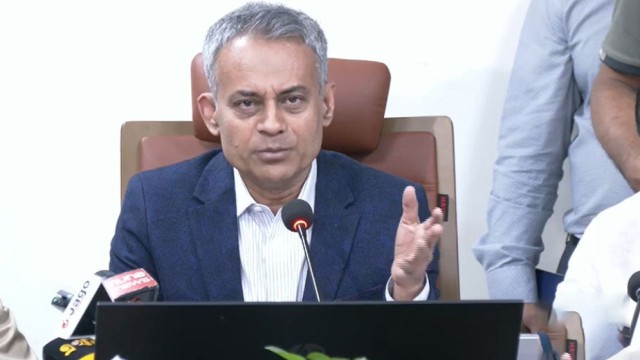Finland retains its title as the world's happiest country for the seventh consecutive year, according to the annual UN-sponsored World Happiness Report released on Wednesday. The report also highlights shifts in happiness rankings globally and examines factors influencing individual well-being.
In the latest edition of the World Happiness Report, Finland continues to hold the title of the world's happiest country for the seventh consecutive year, reaffirming its reputation for well-being and life satisfaction. Nordic countries, including Denmark, Iceland, and Sweden, closely follow Finland in the top rankings.
However, Afghanistan remains at the bottom of the list due to ongoing humanitarian crises, exacerbated by political instability since the Taliban's resurgence in 2020. Notably, the United States and Germany have slipped out of the top 20 happiest nations, with Costa Rica and Kuwait entering the elite ranks.
The report highlights a notable absence of the world's largest countries among the happiest nations, with only the Netherlands and Australia representing populations over 15 million in the top 10. The analysis reveals significant fluctuations in happiness levels across different regions, with Eastern European countries such as Serbia, Bulgaria, and Latvia experiencing substantial increases.
Factors contributing to Finland's sustained happiness include a strong welfare society, trust in governmental institutions, low corruption levels, and access to free healthcare and education. Moreover, Finland's emphasis on work-life balance and connection to nature fosters overall life satisfaction among its citizens.
However, the report also uncovers growing happiness inequalities globally, particularly among different age groups and regions. While younger generations are generally happier in most parts of the world, disparities in income, education, and social support contribute to widening happiness gaps, underscoring the need for concerted efforts to address socio-economic inequalities.






























Comment: